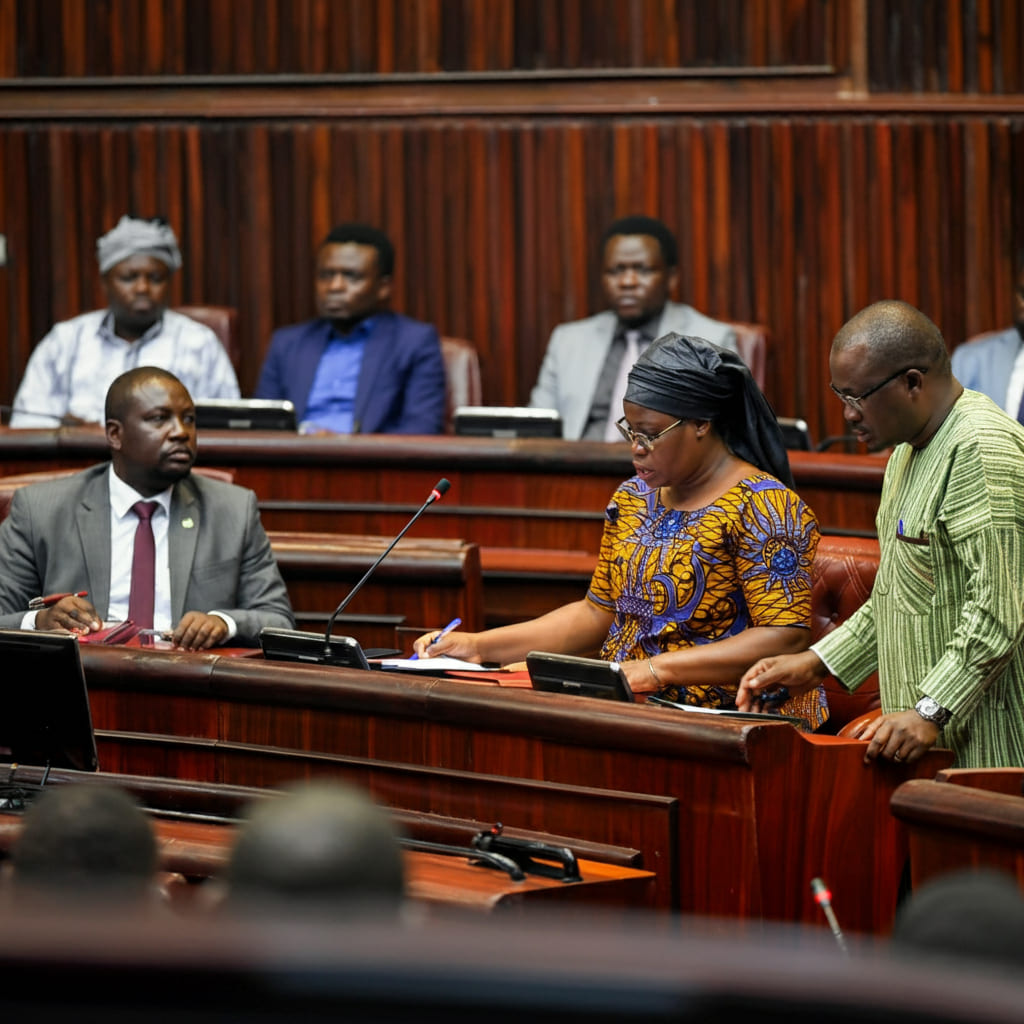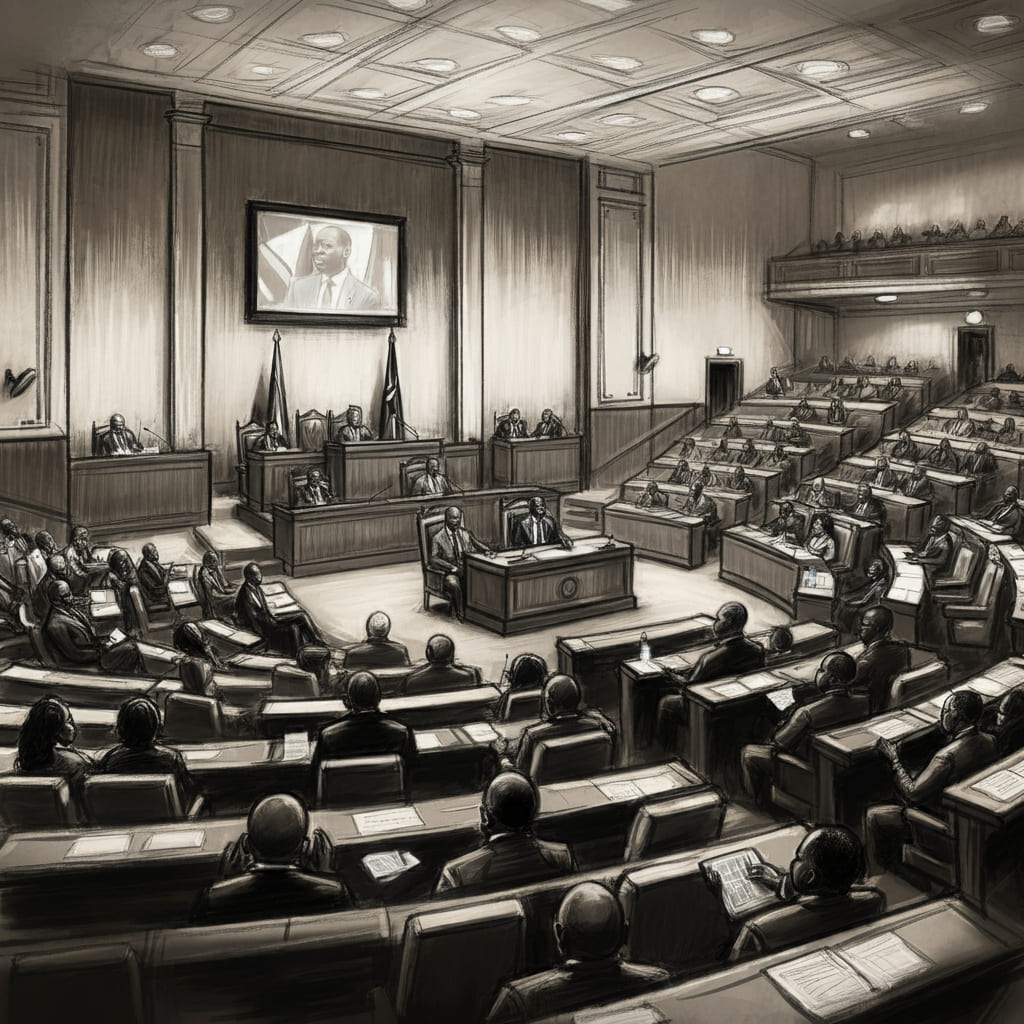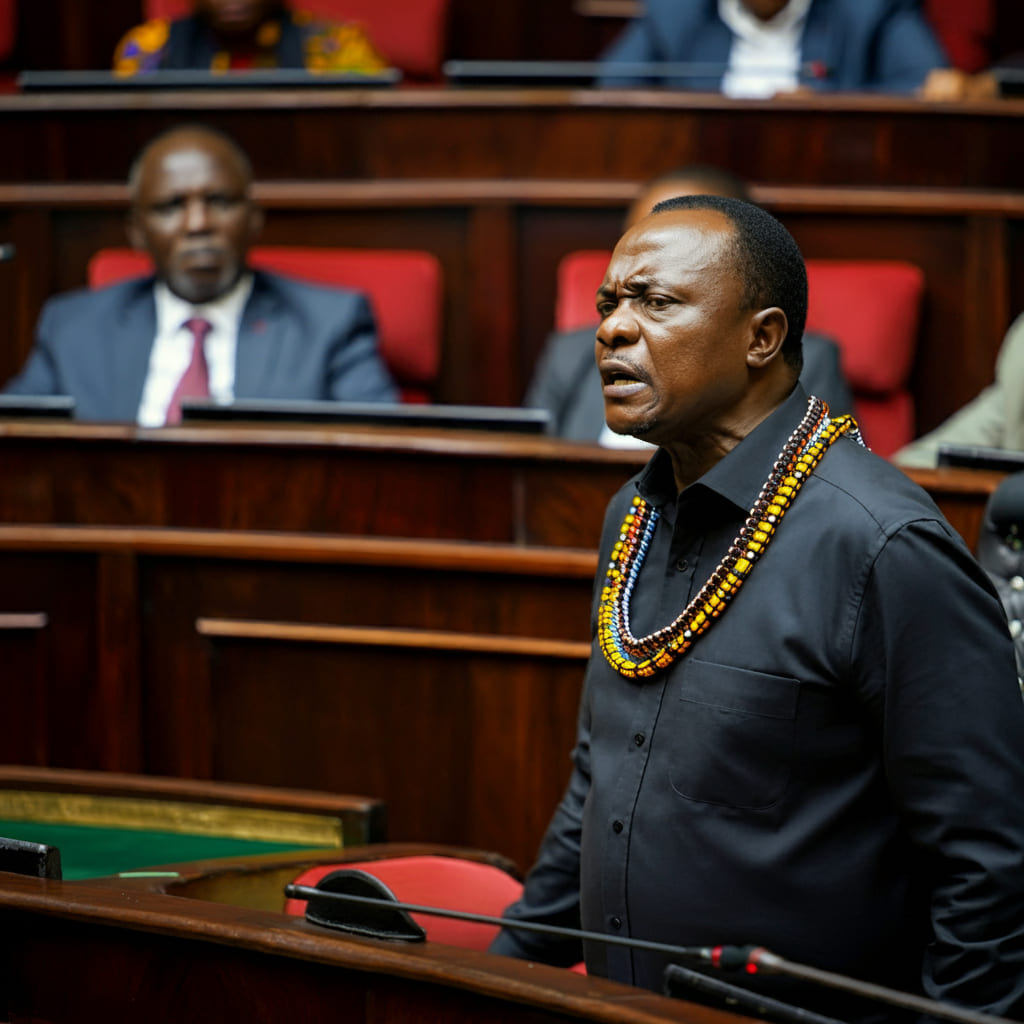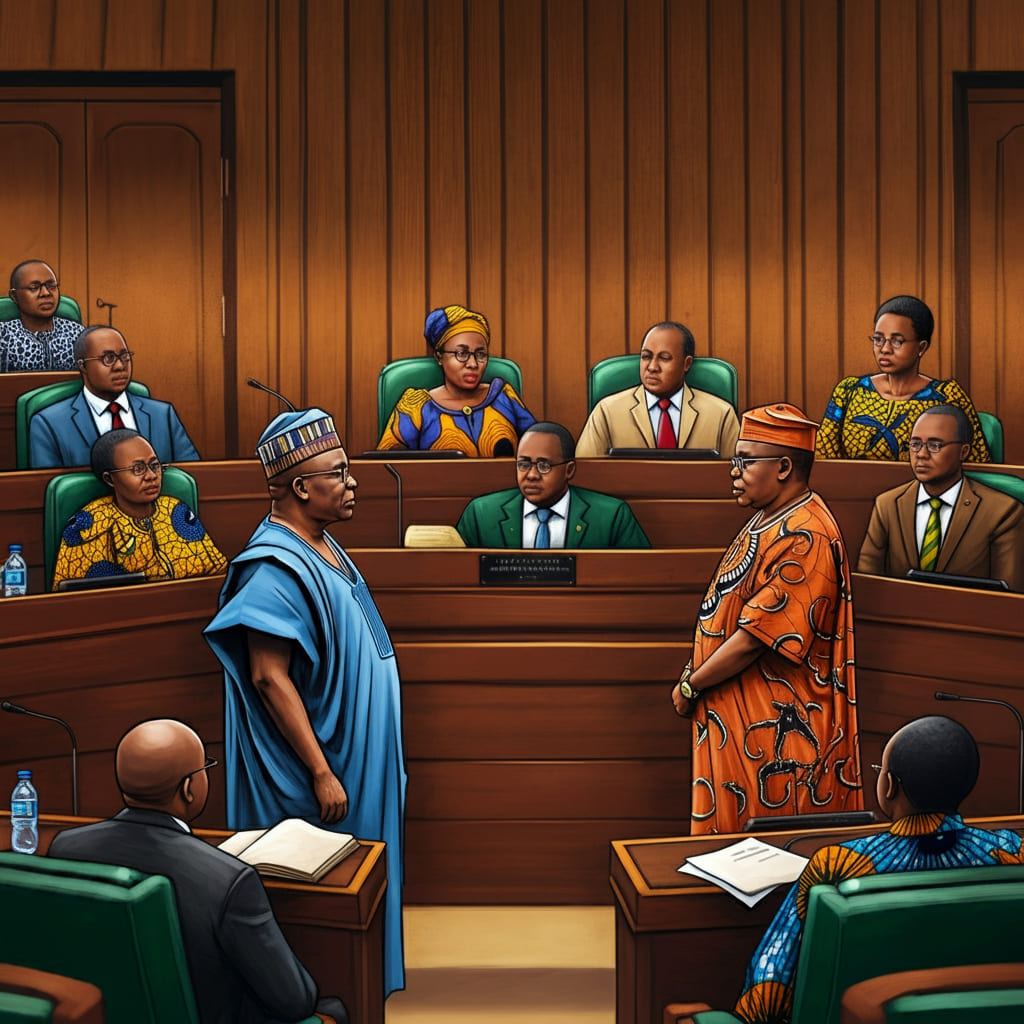Article by Wanekhwe Isaac Ekhabi
Overview of Devolved Government and the Role of MCAs
Chapter 11 of the Constitution of Kenya provides for devolved government. The devolved government includes the county government, which consists of the executive and the assembly, both of which have decentralized functions and provisions of services to ensure efficiency and practicality. The county assembly consists of elected members from wards and a speaker. The governor, who is also the head of the executive, is an elected member.
One of the key roles of the county assemblies is to keep the executive in check. The Constitution of Kenya outlines the grounds for a governor’s removal from office; furthermore, Section 33 of the County Government Act provides the process for the removal of a county governor. However, these grounds have been overlooked repeatedly, especially when the governor disputes with the county assembly. From this perspective, there has been an increased threat and attempts to impeach county governors, which have their own negative impacts, including the failure to realize the full potential of the counties. The MCAs should, therefore, prioritize mediation as a means of resolving conflicts before resorting to impeachment.

The role of MCAs includes oversight, representation, and other county legislative duties. Oversight involves ensuring that the executive performs its duties in accordance with the constitution and laws governing its mandate. As provided by the County Government Act, the process for impeachment includes the tabling of motions. In recent times, several governors have faced impeachment motions. Governors with minority support in county assemblies have been threatened with impeachment, and some have actually been impeached. The most recent governor to face this has encountered five motions. One was referred to the Council of Governors by the court for deliberation and settlement, three were taken to the Senate, and one reached the final stage, where the Senate voted on the governor’s ouster.
The Case for Mediation in Resolving Conflicts
In all the threats posed to county governance, motions tabled, and impeachments carried out, both parties have consistently gone public, blaming each other for downplaying issues and causing frustrations. They have continuously pointed fingers, claiming betrayal and undermining of progress. Mediation, therefore, aims to resolve such disputes and maintain a relationship between the two sides. It will also help stabilize the counties and ensure steady development. Mediation promotes collaboration and reduces hostility. Being cost-effective and time-saving, it helps conserve resources and time that would otherwise be spent on litigation and removal processes. By avoiding lengthy downtime, it ensures less disruption to normal operations and the continuity of service delivery.

However, this approach has faced several challenges, particularly due to the political dynamics of power, party loyalties, and personal interests, which may lead to increased underhanded dealings during the process. There is also a lack of awareness and training in mediation, and public perception of the process remains not only a challenge but also a concern. Additionally, both parties may use this method as a way to avoid accountability.
Strategies for Effective Mediation
Several strategies can be implemented to promote such processes despite the challenges. Capacity building, including training, can be effectively established. Legal frameworks governing mediation can also be put in place; these include legislation, mediation standards, and guidelines. The creation of national mediation bodies and local mediation committees can serve as an effective approach to mediation. Financial and logistical support for mediation programs will facilitate the implementation of the process in such disputes. Collaboration should also be encouraged with mediation bodies and across sectors, including public-private partnerships.

Embracing mediation will lead to improved governance, reduce tensions, and promote effective service delivery at the county level. Long-term stability in the country is the utmost need in any political setting, thus fostering collaboration is essential.
In conclusion, the mediation process between county assemblies and county governors is an inevitable approach to strengthening good governance. This is a call to action for all stakeholders in the political sphere to consider mediation before pursuing impeachment.
By embracing mediation, MCAs and governors can pave the way for a more cooperative and effective governance model, transforming political conflicts into opportunities for collaboration and mutual understanding.


